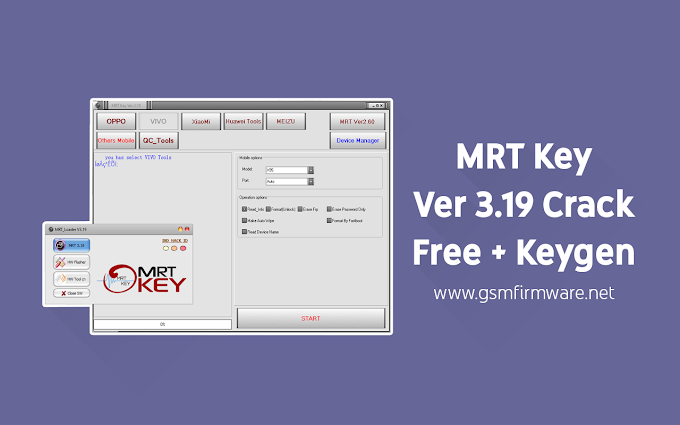Table of contents
What Is the Samsung Firmware File?
A Samsung Firmware/Stock ROM is a formal software that the company develops to update the operating system of its specific device, And each device has different firmware according to the components of the mobile hardware.The Samsung firmware includes such different elements, all of which are essential for the phone software to work correctly.
| Name | Abbreviation |
|---|---|
| BL | The abbreviation of the BL is Boot Loader. |
| AP | The abbreviation of the AP is Application Processor. |
| CP | The abbreviation of the CP is Core Processor. |
| CSC | The abbreviation of the CSC is Consumer Software Customization. |
| PIT | The abbreviation of the PIT is Partition Information Table. |
BL:
The BL file is stands for Boot Loader file, and this file contains boot loader program data that initially runs on all unit processes when the device is turned on.
AP:
The AP file stands for Application Processor file, and this file represents the system partition (possibly it means Android partition). Under the previous Odin version, it was called "PDA" (Personal Digital Assistant).
CP:
The CP file stands for Core Processor file, and this file represents the modem. Under the previous Odin version, it was called "Phone" file.
CSC:
The CSC file stands for Consumer Software Customization file, and contains data on the features of the Android device according to its geographical (country) location, language, and network carrier.
CSC_HOME:
The CSC_HOME file contains data similar to the CSC file, but this file is slightly different. When the user flash the CSC file, it will wiped all of the user's data stored in the phone memory. If the user flash the CSC_HOME file, it does not wipe the mobile but keeps the user's data safe in the phone's memory.
PIT:
The PIT file stands for Partition Information Table file, And it contains the partition table layout information of all the files of the Android operating system. And this file is required only when the user upgrades or downgrades the device's operating system or if the firmware specifically requires it.


![Miracle Box (Thunder Edition) 2.82 Cracked By [GSM X TEAM]](https://blogger.googleusercontent.com/img/b/R29vZ2xl/AVvXsEhokJs3WqURKZYmihB4x2gmnK7pAYWw4so-u7gzeWdeiLndHi1FARRuKMg8KOkZYu5n-N5T1e0uZAbJbEcRV_0bBrlbWuksTnAoXwPQJ14yPHmRbDEUv8m5bzg_fG8vFAYZu5rl3pXlc4Y/w680/Miracle+Box+%2528Thunder+Edition%2529+v2.82.png)





![GSM Aladdin v2 1.34 / v2 1.37 [CRACKED!]](https://blogger.googleusercontent.com/img/b/R29vZ2xl/AVvXsEhtm3QGrYVZKJGrkkoHnvij2U2bTAe6xE6TOGkRKonKXFWHmTn398xAaCG9_gx6AiINkRExvB3tzMO_HN827cKDwZsH2AtJoOvMBCDFqOq3NgozI0fba8wNbPrgVAaHbBVTW56wm7BdJgY/w680/Gsm+Aladdin+Key+V2+GsmFirmware.jpg)
0 Comments